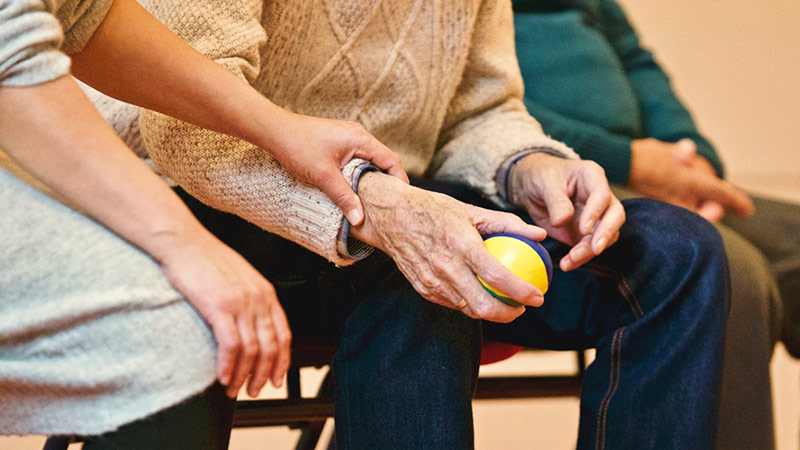
At Makara we are always keen to support our industry and it was great to be able to both sponsor and help shape the recent HCA Annual Conference event: “The Future of Nudge Marketing in HCP Communications.” Well-attended (despite the finish coinciding with the England v Germany match!), this virtual panel discussion considered the role of behavioural science techniques now and in the future, with perspectives from the clinical, consumer and industry settings.
A couple of weeks on, I’ve been reflecting on some of the interesting points the discussion raised. What came through loud and clear for me is that even organisations that are not formally embracing nudge techniques, or similar strategies, are likely doing so unwittingly. Symposium polls and peer-to-peer engagement events rely on our tendency to observe and be influenced by what others are doing – we are driven to conform to social norms and clinicians are no different. The formats and contexts in which we share our data and messages is well thought out to ensure clinicians see the relevant points, in a meaningful way, at an opportune time. The relevance of a piece of information has a big impact on our decision-making and that is at the heart of communications in healthcare. Every communication, every email, notification or reminder, can be a nudge. How effective they are depends on how well they are executed.
What I like about nudges is the fact they are geared towards creating the right conditions for people to make their own changes, rather than forcing change upon them. Doubtless these techniques can be used for commercial or political ends but that’s not what I believe is happening in the healthcare space. The panel were at pains to emphasise that education and patient outcomes should be the guiding principle in any nudge campaign that targets HCPs and, as with all compliance-related questions in our industry, it really comes down to intention. If the intention is to improve outcomes and help patients then nudge techniques are an appropriate tool in our armoury.
So what does the future hold? Well, we can likely expect campaigns to become more sophisticated as digital platforms allow for new mediums of communication and a greater capacity for personalisation. Given access to user data, the ability to target HCPs with relevant information, in a format they prefer, is becoming ever easier and we are already beginning to see online platforms offering clinicians a more Netflix-style experience when it comes to educational content. Will technology also enable greater personalisation for patients, particularly as we move to a more virtual approach in terms of consultation and care?
Personally, I hope so. Nudge strategies coupled with personalisation represent a powerful tool when it comes to behaviour change and, as long as we get the intention right and make evidence-based interventions, the potential for improvements in health outcomes could be significant.
__________
Want to know more? The panel helpfully signposted some useful resources:



